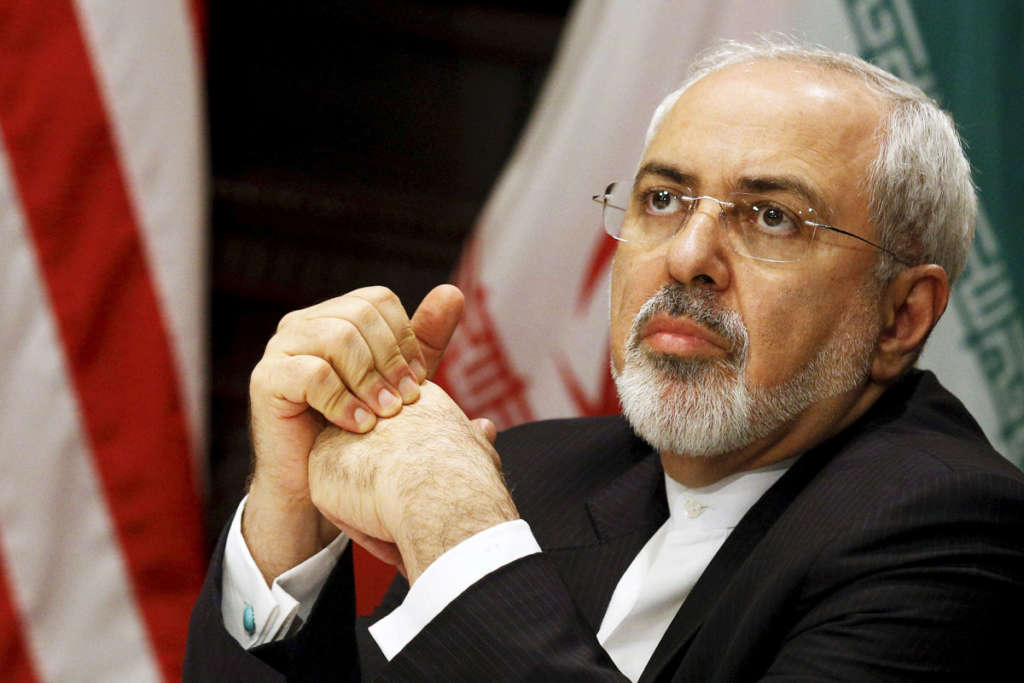Paris-In his third European tour since the signature of the nuclear deal between Tehran and the P5+1 in July 2015, Iranian Minister of Foreign Affairs Mohammed Javad Zarif arrived in Paris on Tuesday before heading to the Netherlands.
Zarif visited France after receiving an invitation from his French counterpart Jean-Marc Ayrault. The two parties discussed regional issues, including the war in Syria and Iraq, Lebanon and its institutional vacuum, the fight against terrorism, the situation in Yemen, and Gulf security.
Economy wise, Zarif discussed means of boosting French-Iranian relations and the obstacles – regarding bank transactions and the trade in US dollars -that have been put by the United States as a result of sanctions on several banks.
After signing the nuclear deal with Tehran, Westerns called for imposing more international sanctions on the Islamic Republic so that it adopts more moderate policies that contribute to finding political settlements to the wars and tension engulfing the Middle East.
Notably, Iran and the five permanent members of the U.N. Security Council – the United States, France, Britain, China and Russia – plus Germany started implementing the Joint Comprehensive Plan of Action (JCPOA) on January 16.
Under the deal, all nuclear-related sanctions imposed on Iran by the European Union, the Security Council and the U.S. would be lifted. Iran has, in return, put some limitations on its nuclear activities.
On the other hand, French official sources told Asharq Al-Awsat that they have not yet noticed the implementation of Iran’s new and moderate foreign policies.
The sources said that Iranian military involvement in Syria has reached unprecedented levels as Tehran is still supporting Bashar Assad’s regime and providing it with forces, arms, equipment and funds, contradicting France’s stances.
In Lebanon, Paris sees that Tehran is impeding efforts to fill the presidential vacuum by supporting the so-called Hezbollah’s stances and actions.
Moreover, sources believe that Iranian influence is rising as GCC states are accusing it of fueling sectarian and political conflicts in Yemen and Bahrain.
Despite the absence of common stances between France and Iran, Paris has called for economic, trade and investment normalization and for French companies to return to the Iranian market and benefit from new opportunities that arose after the end of the sanctions on Tehran.
In a common matter, Paris has prepared a busy schedule for Zarif as he met with French President Francois Hollande on Wednesday after holding separate talks with President of the National Assembly Claude Bartolone and Senate President Gerard Larcher.
